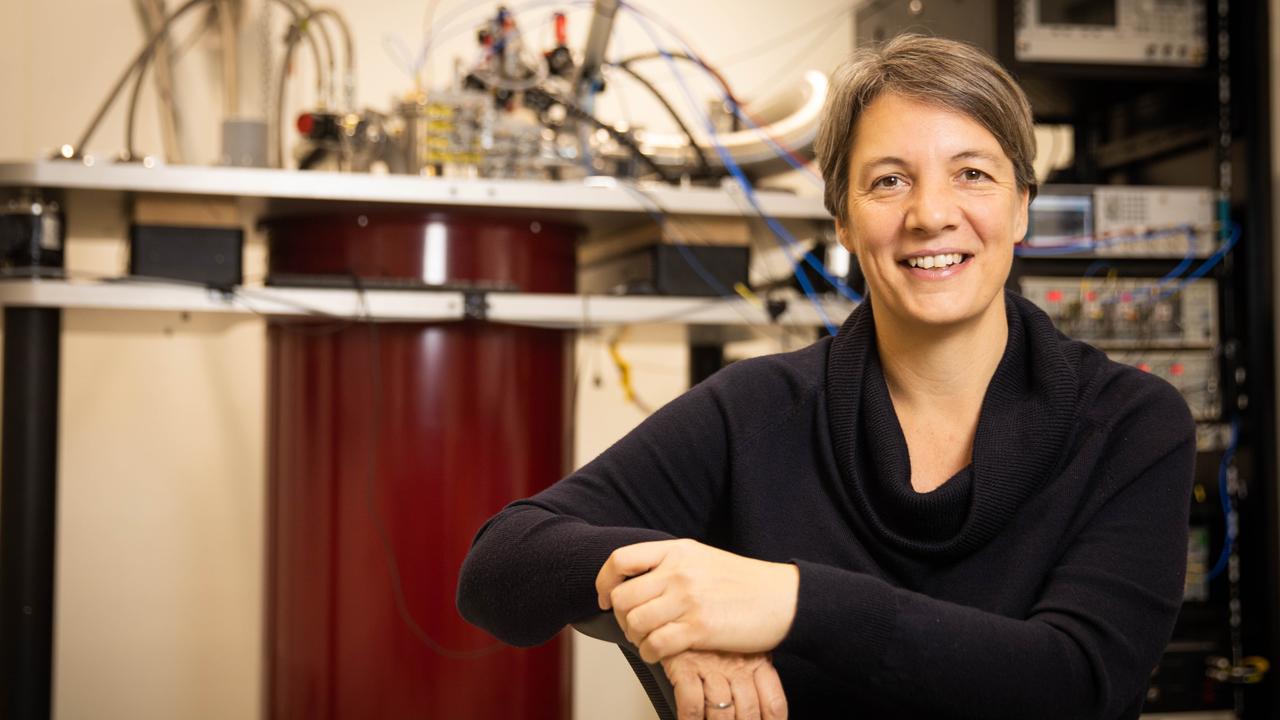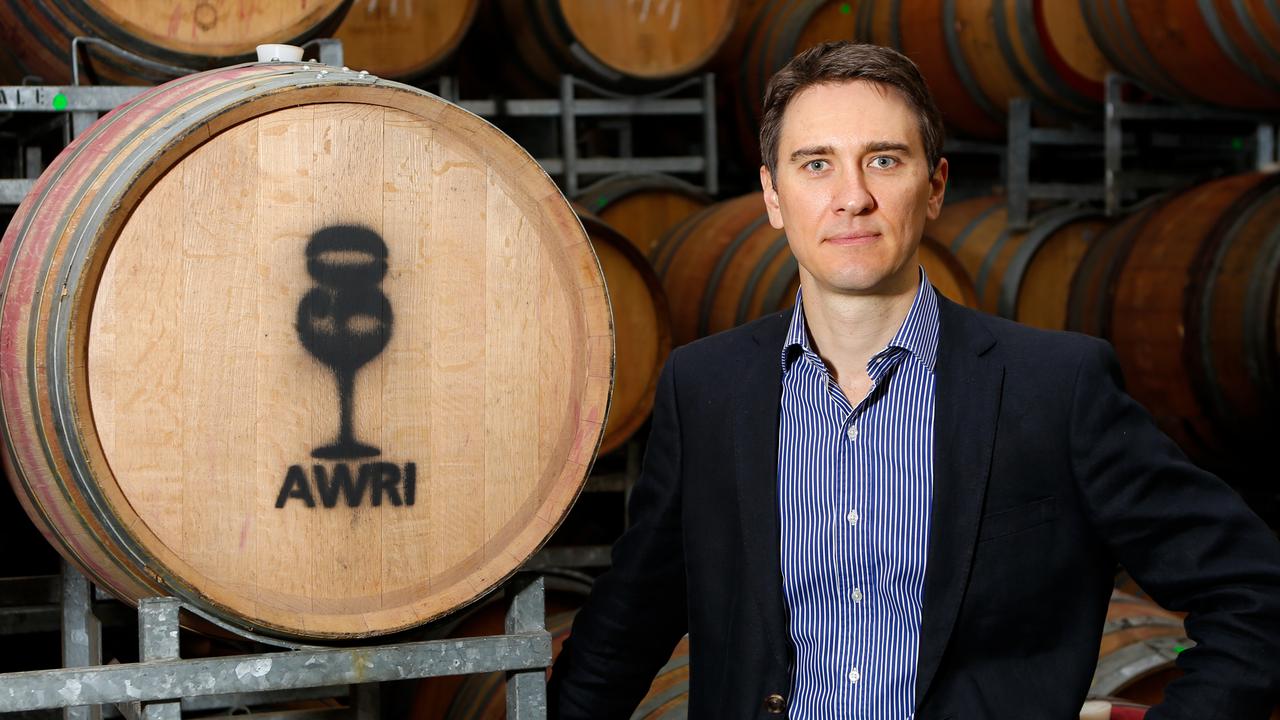Melbourne Uni claims record for quantum computer simulation
Scientists at the University of Melbourne have set a world record for a quantum computer simulation, a key step towards the real thing.

In today’s Higher Ed Daily Brief: quantum cred, new innovation partnership
Quantum world record
Scientists at the University of Melbourne say they have set a new world record for quantum computing — not on an actual quantum computer but on the next best thing, a simulation of one on a classical machine.
The simulation, run by master of science student Aidan Dang, has factored the number 961,307 into its two prime factors, solving the problem using the quantum factoring algorithm in the same way that a real 60-qubit quantum computer would, if it existed. He used the Pawsey supercomputer at the University of Western Australia to do the calculation. The point was not to solve the problem (which can done on a laptop using conventional methods) but to use a simulation of the method a quantum computer would use.
“The capability to simulate quantum algorithms at this level is critical for learning how a quantum computer in the future will physically operate, how the software can work, and what sort of problems it can solve,” said the deputy director of the university’s Centre for Quantum Computation and Communication Technology, Lloyd Hollenberg.
A full-scale quantum computer, comprising millions of qubits, is well down the track and may not even be possible.
But Professor Hollenberg said that universities, government and industry need to be prepared for new developments in quantum computing as development accelerates in Australia and other places in the world.
UNSW calls on Main Sequence Ventures
UNSW has called on CSIRO venture capital fund Main Sequence Ventures to offer university staff a new entrepreneurship and innovation program. Called Venture on Campus, it has six modules which, says the university, will give “researchers and start-ups insights into the venture capital mindset and the skills required to navigate it, while also providing opportunities for funding and mentorship”.
Phil Morle, a partner at Main Sequence Ventures, said the program would help make entrepreneurship the frictionless career path it should be for people in universities.


